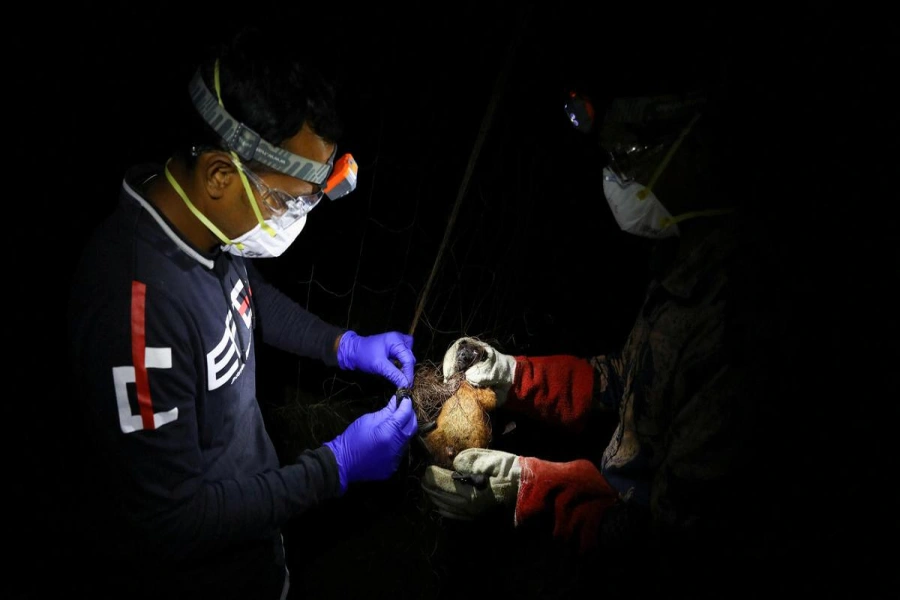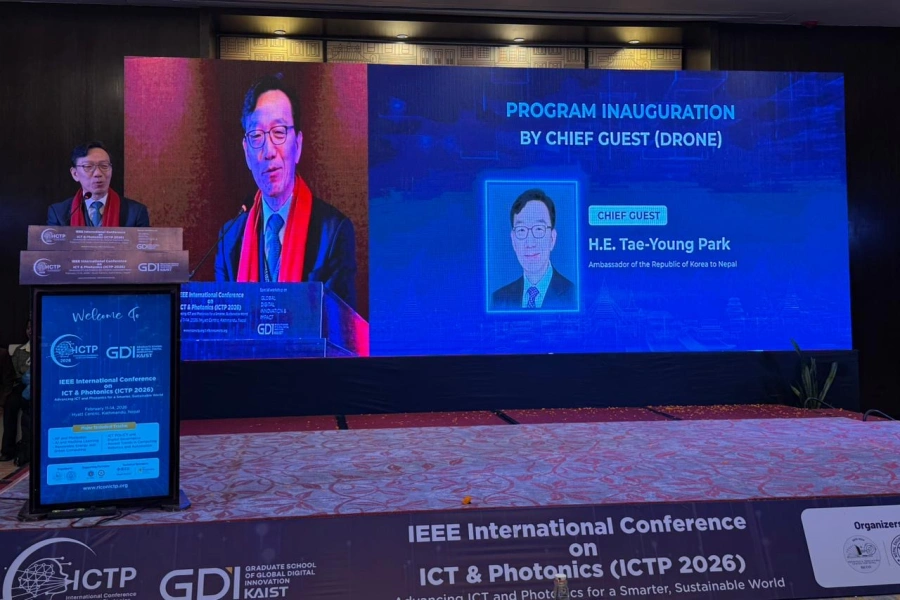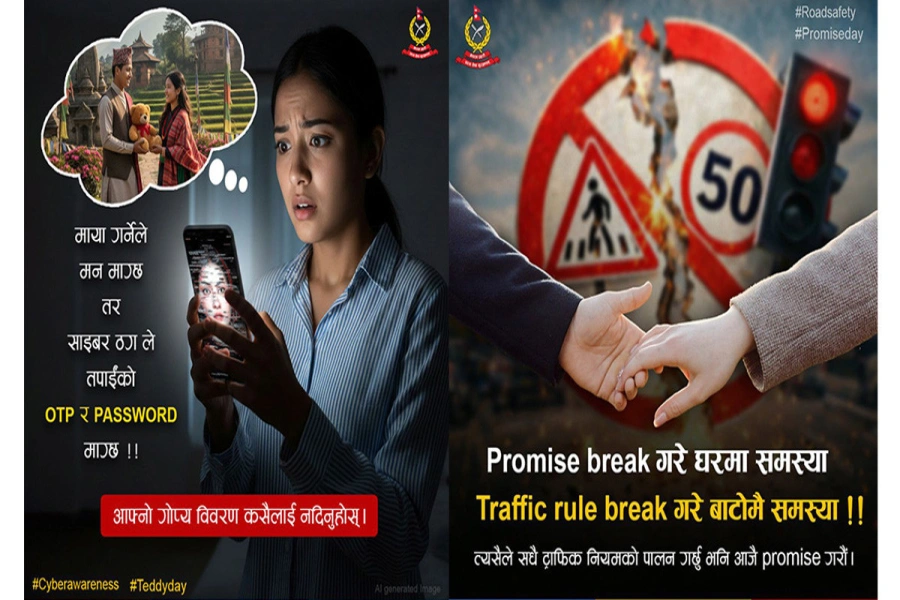KATHMANDU, June 1: When the then CPN (Maoist), present day CPN (Maoist Center), emerged victorious in the first Constituent Assembly (CA) elections in 2008, the Nepali Congress and the CPN-UML, which were seen as clear frontrunners but were limited to distant second and third positions, readily conceded their defeat stating that they would respect the people’s verdict. It was a defining moment in Nepal’s electoral history, a turning point which gave the former rebel party a reason to stay on the peaceful course.
By accepting defeat, NC’s then president Girija Prasad Koirala and UML’s General Secretary Madhav Kumar Nepal had not only reaffirmed their commitment to multiparty democracy but had also demonstrated ample signs of political maturity.
Their infallible faith in democracy eventually paid off. Nepali voters, who were touched with their political maturity, again propelled NC and UML to victory in the second CA elections in 2013.
Nine years on, as the fate of Bharatpur mayoral elections remains shrouded in confusion amidst call for reelection from the ruling parties and the main opposition UML’s disagreement with it, many are asking whether the current leadership of major parties remains committed to those convictions and democratic values that their party championed in the past.
Many others are worried about the wrong precedent this fiasco could set to undermine the larger credibility of the future elections irrespective of what the Election Commission does to end the dispute.
Election Commission issues 17-point election directive

Vote counting in Bharatpur has been halted since Sunday midnight after representatives of the ruling CPN (Maoist Center) tore some ballot papers when the counting was about to conclude. Two CPN (Maoist Center) cadres were arrested from the spot and subsequently charged for public offense, according to Nepal Police.
Police, election officials, opposition parties and even some leaders of the ruling coalition say the ballot papers were torn into pieces as a part of a well thought-out plan to invalidate the election results after the defeat of the CPN (Maoist Center) mayoral candidate became imminent. Prime Minister Pushpa Kamal Dahal’s daughter Renu Dahal is the Maoist Center’s mayoral candidate for Bharatpur.
Contrary to Nepal Police’s claim, Dahal and her party claim that UML cadres were responsible for tearing the ballot papers. She claimed that the UML had rigged the vote counting after it became certain that she would win. But neither Dahal nor her party has provided any evidence to back their claim.
Not many were surprised with the Maoist Center’s effort to delegitimize the vote counting process. The party has never readily conceded defeat ever since it entered mainstream politics in 2006. The party had refused to own up the election results claiming vote rigging after it suffered a crushing defeat in the second CA elections in 2013. Even before the 2008 CA, there were already doubts whether the Maoists would accept the poll outcome.
Many have been taken aback by the position taken by the Nepali Congress. Instead of condemning the alleged wrong deeds of its coalition partner, NC, the oldest party in the country, became the first party to officially demand re-election. Issuing a statement a day after the incident, NC’s Chitwan chapter on Monday called on the Election Commission to hold re-election in ward 19 of Bharatpur Metropolitan City.
However, the main opposition UML has said that it will not accept it. The party has been staging protests in Bharatpur asking the EC to resume vote counting.
“UML will unilaterally declare its candidate as the mayor if the resumption of vote counting is further delayed,” UML leader Rajendra Pandey told parliament earlier this week.
The Bharatpur episode has come as a big test for the Election Commission, the final authority to resolve the dispute. The election body is left with two equally hard choices; either announce a re-election in the disputed constituency or resume vote counting. Observers say none of these two decisions will be free from controversy.
The EC has already formed an investigation panel to probe the case and the final decision is expected to come in the next few days.
Realizing the sensitivity of the matter, top EC officials are also reaching out to legal experts, civil society members, election experts for consultation in order to avoid any controversy.
Experts say a call to resume vote counting might contradict with the EC’s own laws, while a decision to hold re-election might spark public outrage and potentially undermine the credibility of the elections in the future.
“A re-election will set a wrong precedent and make it extremely hard for the EC to hold free and fair elections in the future. All sides concerned need to tread carefully realizing the sensitivity of the matter,” said former chief election commissioner Neel Kantha Uprety.






































